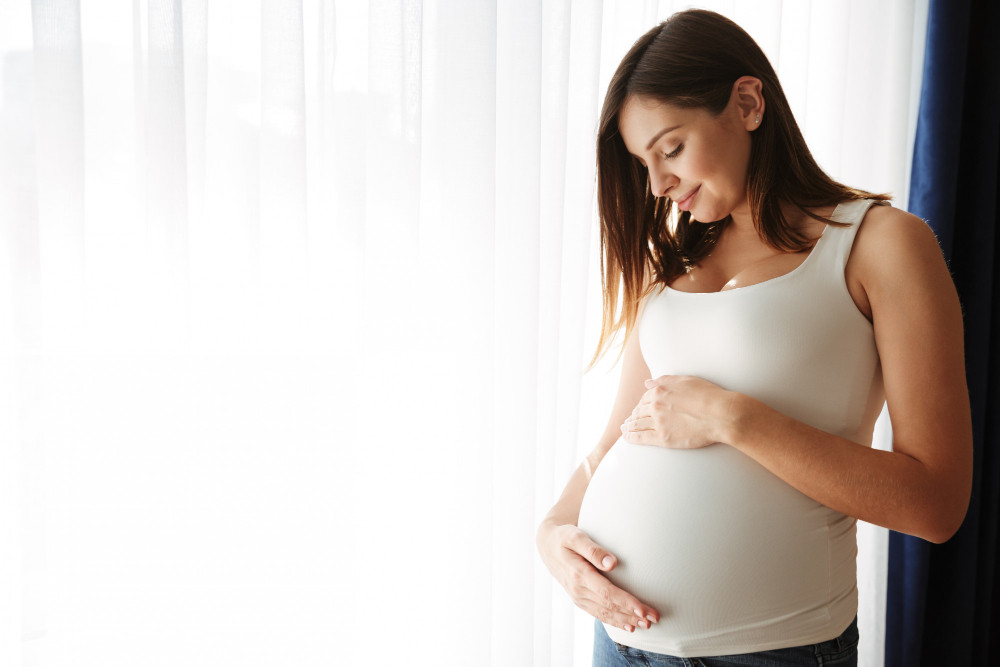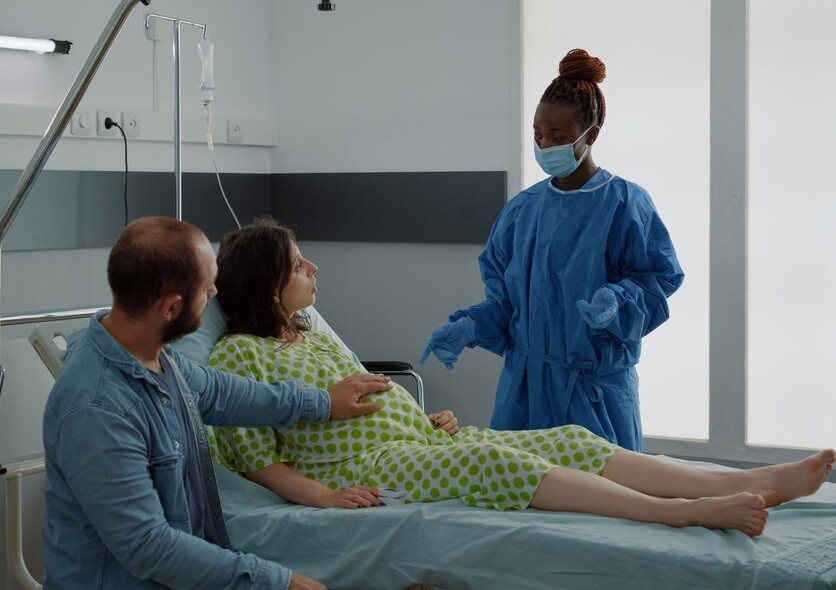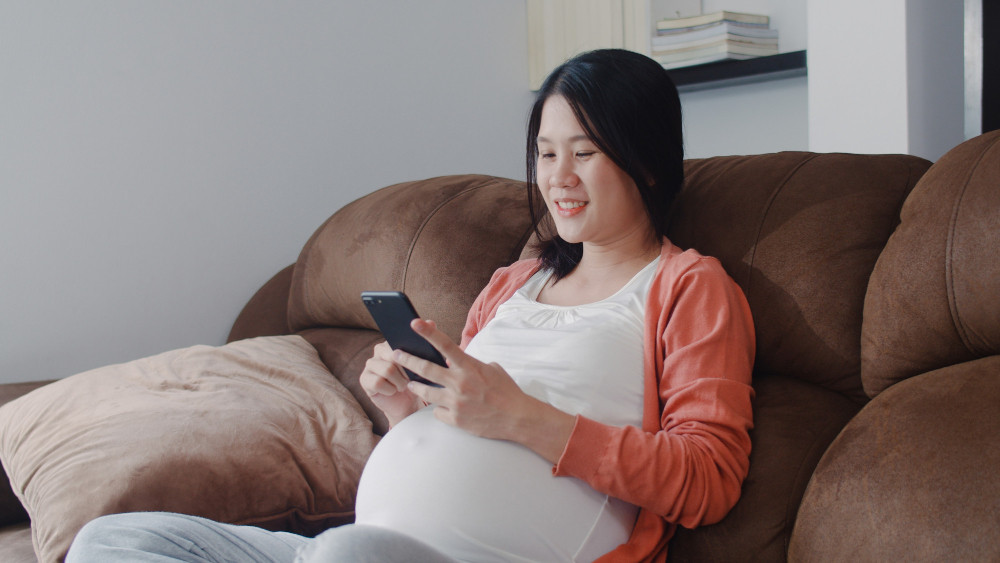Radang usus buntu merupakan masalah kesehatan yang banyak terjadi pada orang dewasa. Pada peradangan yang parah, dokter akan merekomendasikan operasi pembedahan untuk mengangkat organ yang mengalami peradangan. Lantas, bagaimana jika ibu hamil mengalami peradangan usus buntu, haruskah dioperasi?.
Apa Itu Radang Usus Buntu?
Radang usus buntu atau apendisitis adalah peradangan yang terjadi pada organ usus buntu. Usus buntu atau umbai cacing adalah organ yang berbentuk kantong seukuran jari memanjang di sebelah kanan bawah rongga perut dan menempel pada usus besar.
Ketika terjadi peradangan, perlu penanganan dengan cepat dan tepat agar tidak berkembang menjadi peradangan yang makin serius dan menyebabkan organ ini pecah.
Radang usus buntu disebabkan oleh adanya benda kecil atau keras yang menyumbat usus buntu. Sumbatan ini menyebabkan infeksi atau peradangan sehingga timbul nanah. Pada peradangan yang parah, usus buntu menyebabkan rasa nyeri yang hebat dan perlu dioperasi.
Baca Juga: Gejala Usus Buntu yang Sering Diabaikan
Radang Usus Buntu pada Ibu Hamil
Meskipun jarang terjadi, namun ibu hamil bisa mengalami radang usus buntu. Dilansir dari Verywell Family, sekitar 0,1% ibu hamil bisa mengalami radang usus buntu. Biasanya kondisi ini terjadi pada trimester kedua kehamilan.
Salah satu kendala penanganan radang usus buntu pada ibu hamil adalah diagnosis yang terlambat. Perubahan fisik pada ibu hamil menyebabkan diagnosis radang usus buntu menjadi lebih sulit. Gejala yang muncul sering kali mudah tertukar dengan gejala kehamilan yang umum. Biasanya akan lebih mudah mendiagnosis radang usus buntu ketika terjadi pada kehamilan trimester pertama dan kedua.
Keterlambatan diagnosis pada ibu hamil ini dapat meningkatkan risiko komplikasi usus buntu seperti perforasi usus buntu. Kondisi ini dapat meningkatkan risiko keguguran pada ibu hamil.
Gejala radang usus buntu yang dapat dialami ibu hamil antara lain:
- Nyeri di perut bagian kanan bawah
- Nyeri di bagian atas perut atau kanan atas
- Nyeri panggul
- Nyeri di bawah tulang rusuk
- Nyeri saat buang air kecil
- Tidak nafsu makan
- Mual dan muntah
- Demam
Dokter akan melakukan pemeriksaan USG untuk membantu diagnosis. Jika dugaan radang usus buntu terjadi pada trimester ketiga, dokter dapat menyarankan pemindaian MRI atau CT scan untuk memastikan diagnosis.
Baca Juga: Penyebab dan Faktor Risiko Terjadinya Usus Buntu
Penanganan Radang Usus Buntu pada Ibu Hamil
Penanganan usus buntu pada ibu hamil perlu disesuaikan dengan tingkat keparahan peradangan, usia kehamilan, dan kondisi kesehatan pasien secara keseluruhan. Pada kasus ringan, dokter dapat memberikan antibiotik untuk meredakan peradangan. Pengobatan ini tidak berpengaruh pada kehamilan dan ibu tetap dapat melahirkan janin dalam kondisi sehat.
Jika kondisi peradangan cukup parah, maka dokter akan merekomendasikan apendiktomi laparoskopi, yaitu operasi pengangkatan usus buntu dengan metode laparoskopi. Laparoskopi adalah operasi yang dilakukan dengan membuat sayatan atau lubang kecil di perut. Metode ini lebih aman dan minim risiko jika dibandingkan dengan operasi terbuka.
Semakin besar usia kehamilan, kemungkinan sayatan pada laparoskopi akan semakin besar karena ukuran rahim yang membuat laparoskopi menjadi lebih sulit. Jika operasi dilakukan setelah usia kehamilan 24 minggu, diperlukan pemantauan janin karena semakin tua usia kehamilan, risiko kontraksi prematur akibat laparoskopi semakin meningkat.
Setelah laparoskopi, ibu hamil perlu banyak istirahat untuk mempercepat proses pemulihan. Selama masa pemulihan, ibu hamil dianjurkan untuk:
- Menghindari aktivitas berat
- Menghindari mengangkat benda berat
- Makan makanan bergizi
- Lakukan pemeriksaan lanjutan jika diperlukan
Radang usus buntu saat hamil perlu segera diatasi untuk mencegah berkembangnya komplikasi. Dokter akan merekomendasikan penanganan yang sesuai dengan kondisi keparahan usus buntu pada ibu hamil. Jika memiliki pertanyaan seputar masalah kesehatan pada ibu hamil sebaiknya konsultasikan ke dokter atau manfaatkan fitur konsultasi pada aplikasi Ai Care yang bisa diunduh di ponsel Anda.
Mau tahu informasi seputar kehamilan, menyusui, kesehatan wanita dan anak-anak? Cek di sini, ya!
- dr Nadia Opmalina
Aptilon Duque G, Mohney S. Appendicitis in Pregnancy. [Updated 2022 Aug 8]. In: StatPearls [Internet]. Treasure Island (FL): StatPearls Publishing; 2022 Jan-. Available from: https://www.ncbi.nlm.nih.gov/books/NBK551642/
Weiss, R. (2022). Appendicitis During Pregnancy. Available from: https://www.verywellfamily.com/appendicitis-during-pregnancy-2758583
Mayo Clinic. Appendicitis. Available from: https://www.mayoclinic.org/diseases-conditions/appendicitis/symptoms-causes/syc-20369543#
WebMD Editorial Contributors. Appendicitis. Available from: https://www.webmd.com/digestive-disorders/digestive-diseases-appendicitis
Carstens, A. K., Fensby, L., & Penninga, L. (2018). Nonoperative Treatment of Appendicitis during Pregnancy in a Remote Area. AJP reports, 8(1), e37–e38. https://doi.org/10.1055/s-0037-1620279











